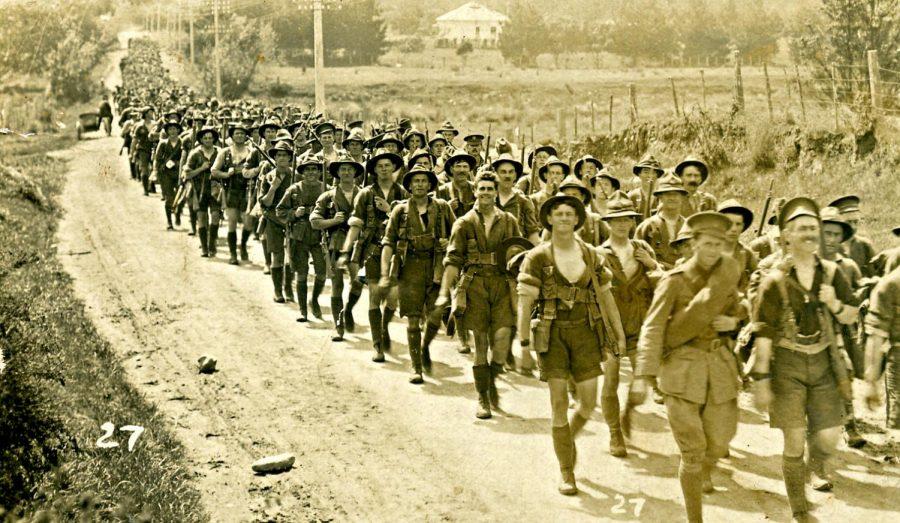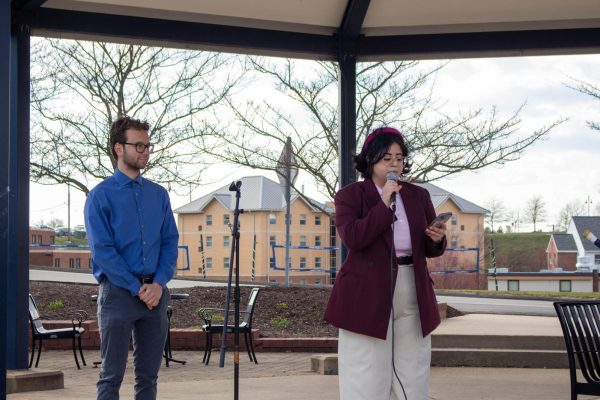Into The Fray with Connie Ruzich
When asked about World War I, your average person would go into great detail about the European monarchies, trench warfare, or the fabled story of Anastasia, who escaped the assassination attempt on her family’s life.
While Disney can make history heartwarming, the war to end all wars wasn’t all musical numbers and talking animals. RMU English professor Connie Ruzich’s newest book, “International Poetry of The First World War: An Anthology of Lost Voices,” shares some of the real life emotions of the War to End All Wars.
Ruzich’s book is a compilation of poetry from authors in the war whose works come from multiple countries and nationalities. From non-combatants to everyday civilians, these men and women wear their hearts on their sleeves, pouring everything out just to try and comprehend, trying to make sense of their world crumbling around them.
“As the poems in my anthology demonstrate, there was no single representative experience of the Great War, nor was there a typical response to the conflict,” said Ruzich. “That is important because poetry anthologies have long served as a crucial means of preserving and shaping literary, cultural, and social histories.”
Through her research, Ruzich found that some history of World War I can be skewed and inaccurate during certain periods. This is due to the content that is analyzed by historians, as some poetry contradicts other stories.
“The canon of First World War poetry started to be established around 1930,” said Ruzich. “Since that time, it has focused almost exclusively on a select number of British soldier poets who fought on the Western Front and wrote in protest of the war. In recent years, there have been increasingly numerous calls to expand the range of voices and perspectives of First World War poetry, but few modern anthologies have included a representative sample of poems written by women and non-combatants, and fewer still have included poems not originally written in English.”
In analytical history books, authors often stay away from topics such as emotion. According to Ruzich, poetry about war is vital for us to understand why an event like war happens in our world.
“War poetry often presents intimate views of tragedy and destruction that can otherwise be too immense to grasp,” said Ruzich. “It compellingly humanizes the experience. War poetry recognizes the stark irony of the apocryphal quotation often attributed to Stalin: ‘One man’s death is a tragedy; a million deaths is a statistic.’”
As she worked on the anthology, the emotions also had an effect on Ruzich.
“It’s not coincidental that one of my favorite words is serendipity, ‘the faculty or phenomenon of finding valuable or agreeable things not sought for,’” said Ruzich.” The journey of writing, editing, and publishing ‘International Poetry of the First World War: An Anthology of Lost Voices’ has been a circuitous one.”
Ruzich’s deep passion for lost voices did not start here, and this is not her first run into the breach. Ruzich often writes for her blog, Behind Their Lines, which discusses World War One poetry and has since 2015. Her essay An International Rediscovery of World War One: Distant Fronts can be found in her poetry anthology. She even has written an essay on specific wartime language and identity in Multilingual Environments in the Great War.











